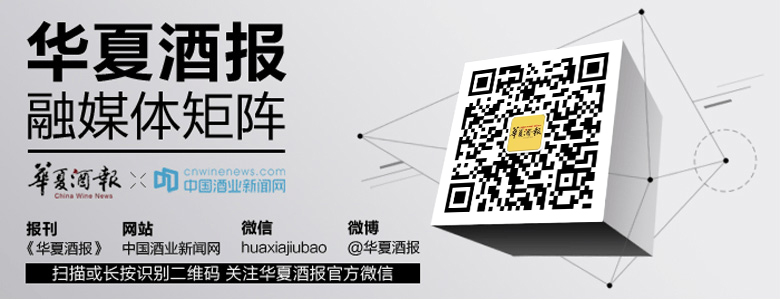One of Australia’s biggest organic wineries, Salena Estate, has gone bankrupt following a domino effect of financial challenges triggered by hefty tariffs imposed by China.
A family-owned estate established in 1998, Salena was among Australia’s top 20 wine producers and grows grapes on 191 ha of land Bookpurnong in South Australia’s Riverland region.
Its annual production hoovers around 15,000 tons and counts China, the US and Europe as its main export markets.
Salena Estate in Riverland region is one of Australia’s biggest organic wine producers (pic: Salena)
The winery’s business took a heavy blow when its major export market China slapped up to 218% punitive tariffs on Australian wines, essentially crippling its operation, according to real estate group Colliers, which had tried for a year to sell the winery unsuccessfully.
The property company blamed Chinese trade sanctions for the winery’s financial problems, according to its national director of transaction services and agribusiness Tim Altschwager.
“That asset was particularly supplying wine to the Chinese market,” said Altschwager.
“When that trade was ceased, they lost that market which is pretty difficult and then to pick it up elsewhere is quite hard in this market.”
In addition to China’s trade freeze, the winery was buffeted by pandemic-induced sales slump, floodings and inflation, which worsened the winery’s financial plight.
The Riverland winery reportedly owes creditors up to AU$20 million and was appointed KPMG as administrator.
The news highlighted the devastating effects of China’s wine tariffs had on Australian wine industry. Australian wine exports to China plunged from AU$1.2 billion to AU$5 million annually, worsening its already serious wine surplus problem.
An earlier report by Rabobank warned that even if the China wine tariffs were removed and exports resumed, it would still take Australia’s wine industry at least two years to work through its current wine surplus, the equivalent of 2.8 billion bottles of wine.

